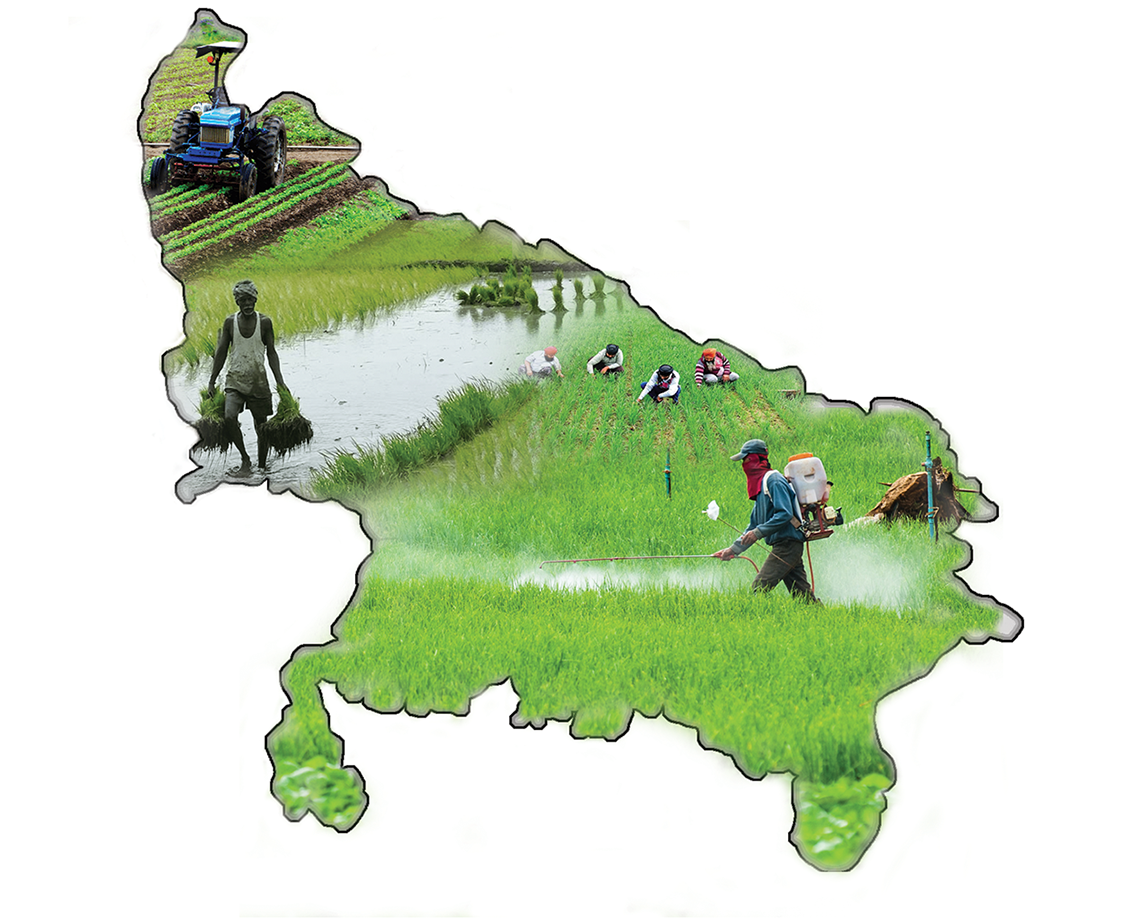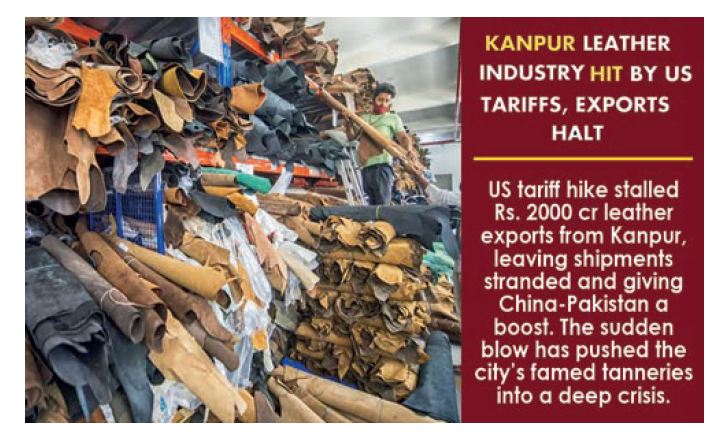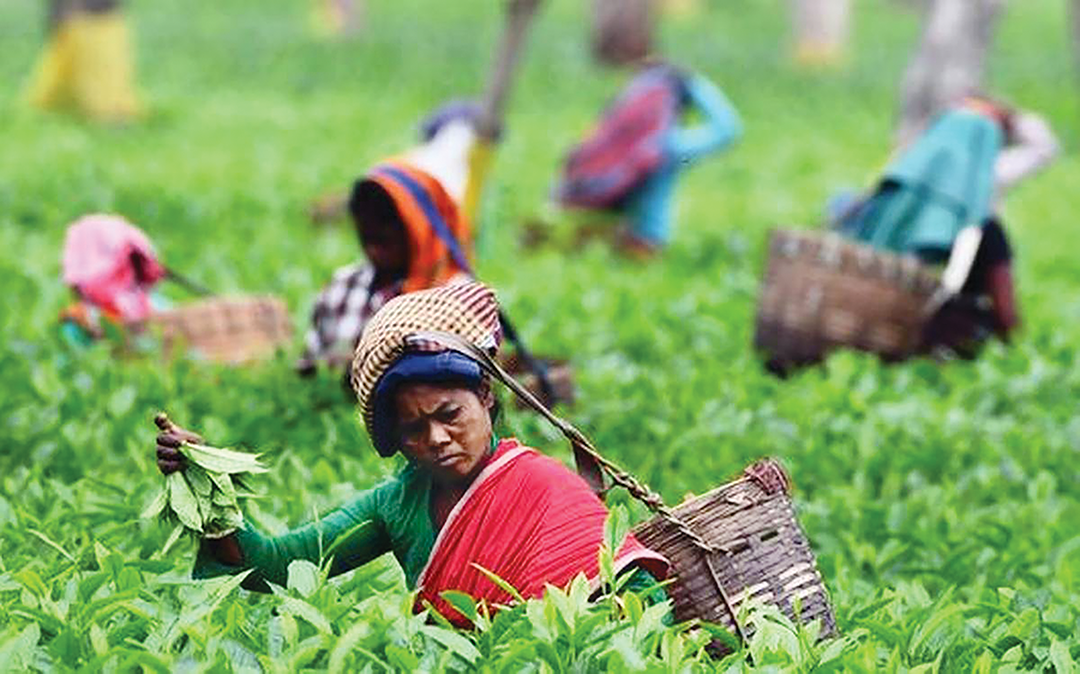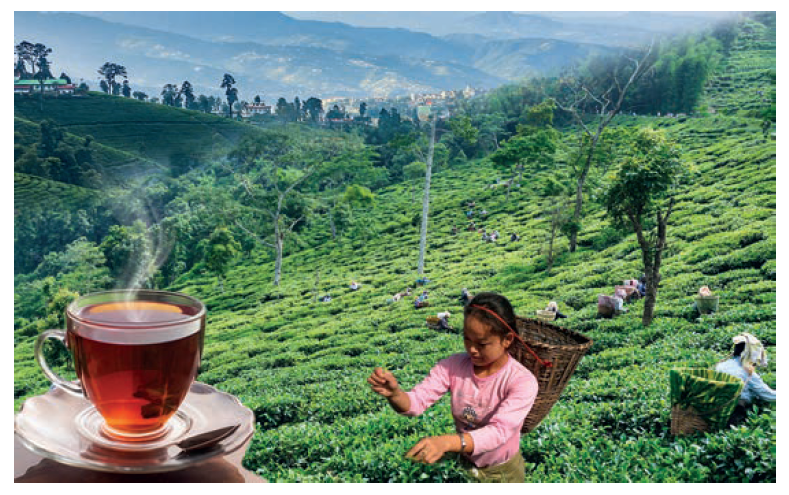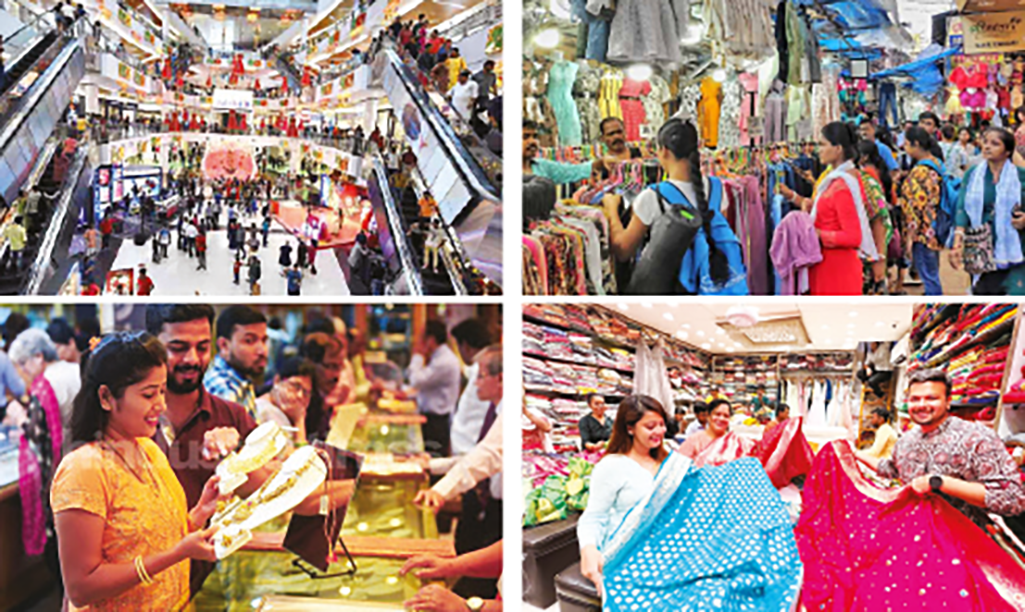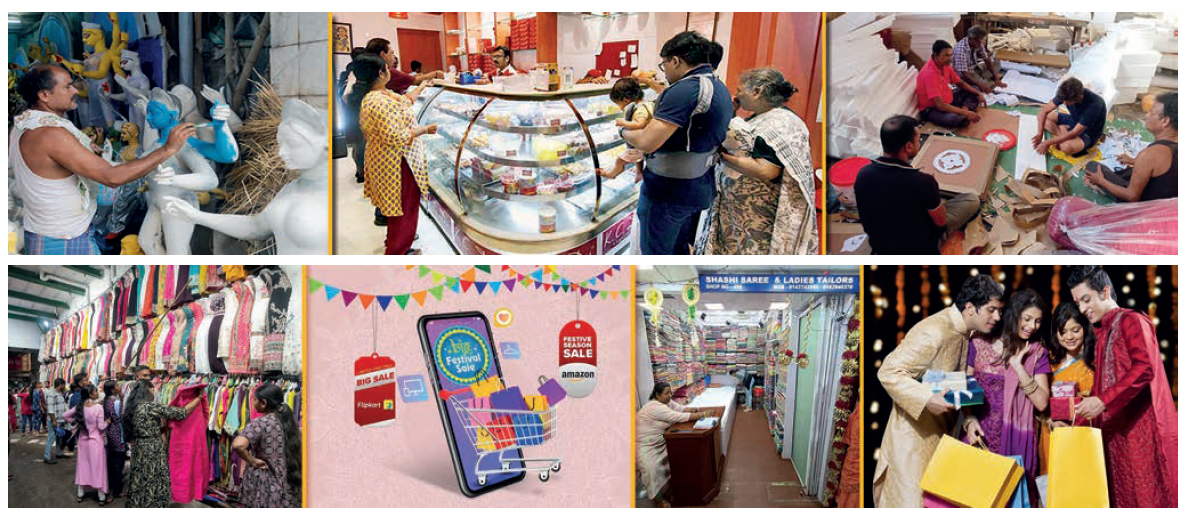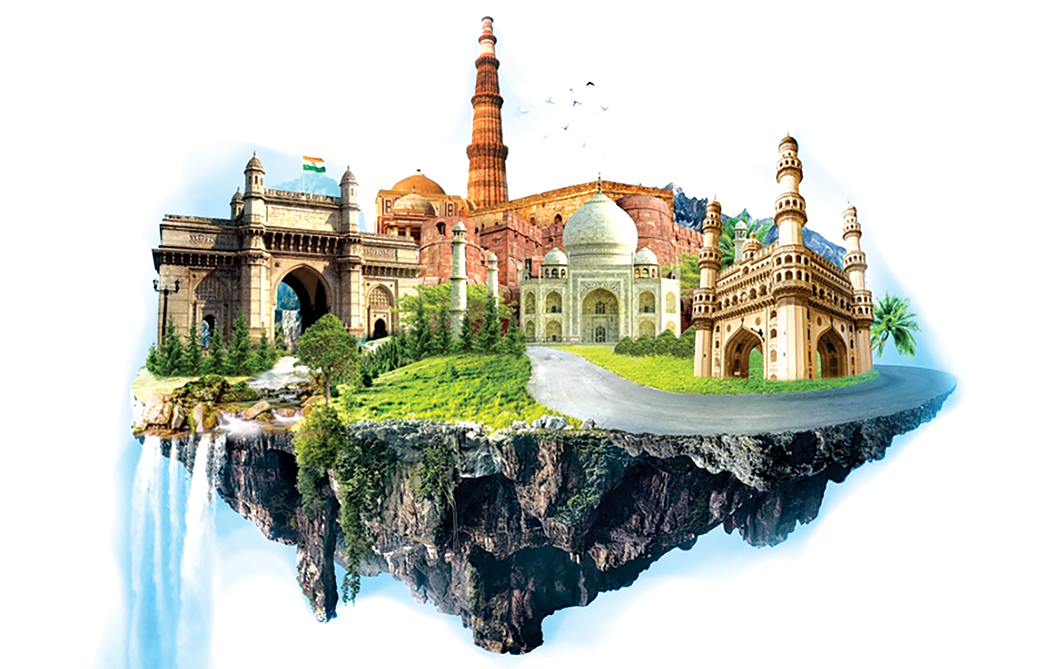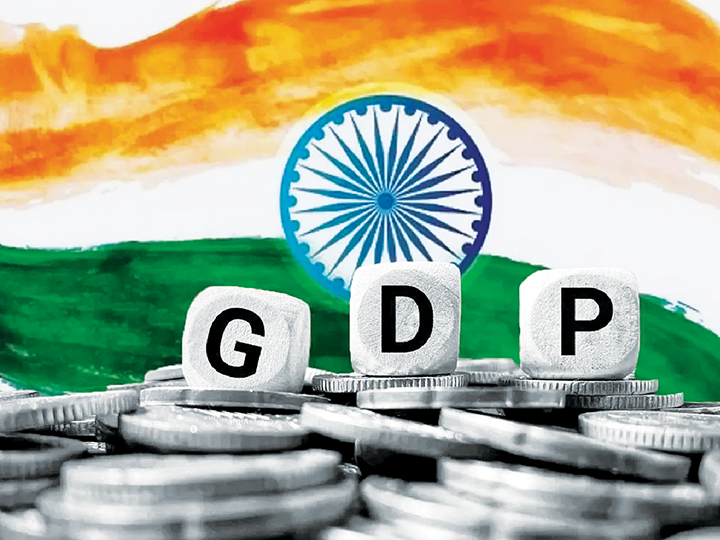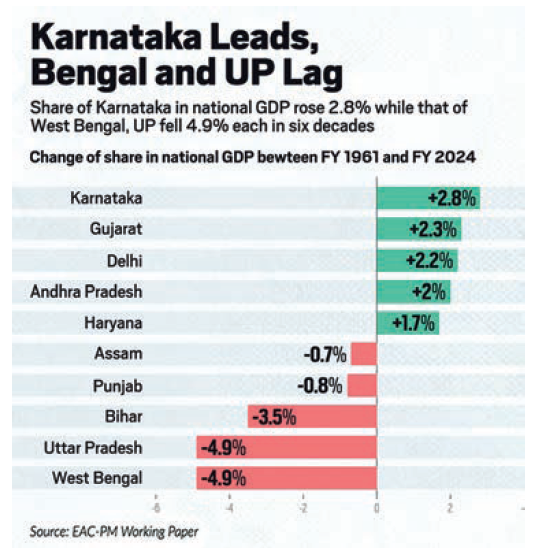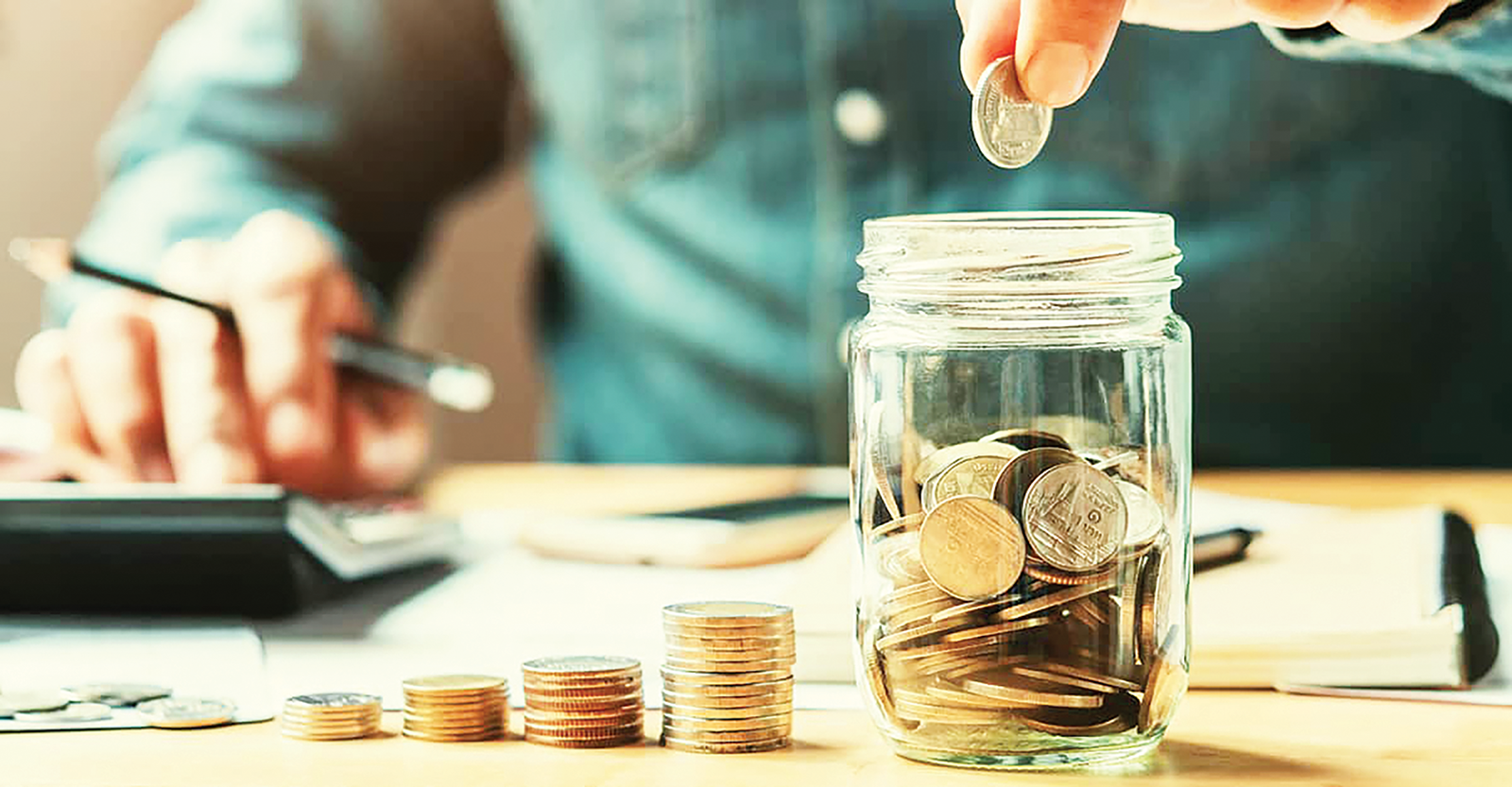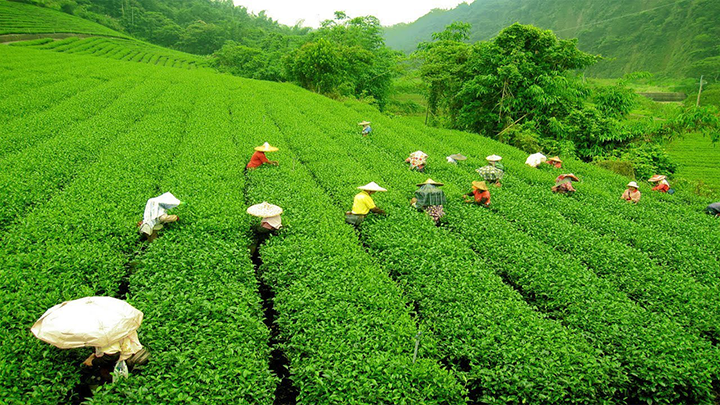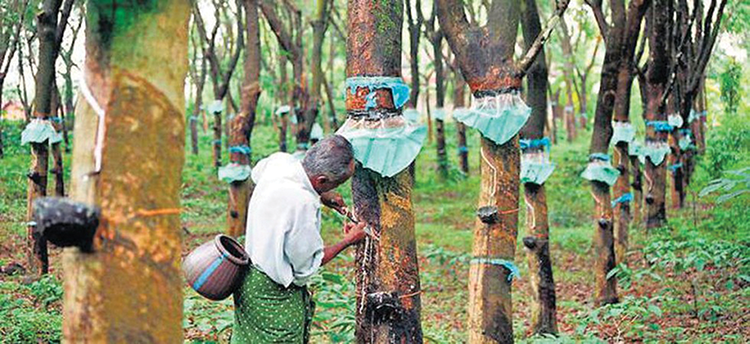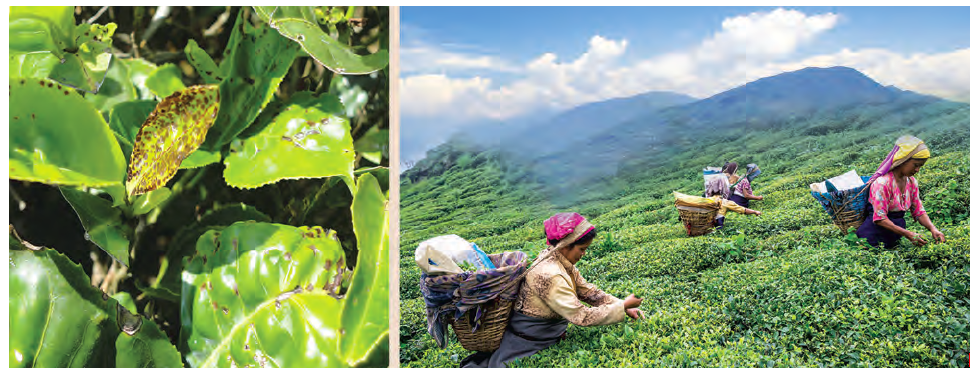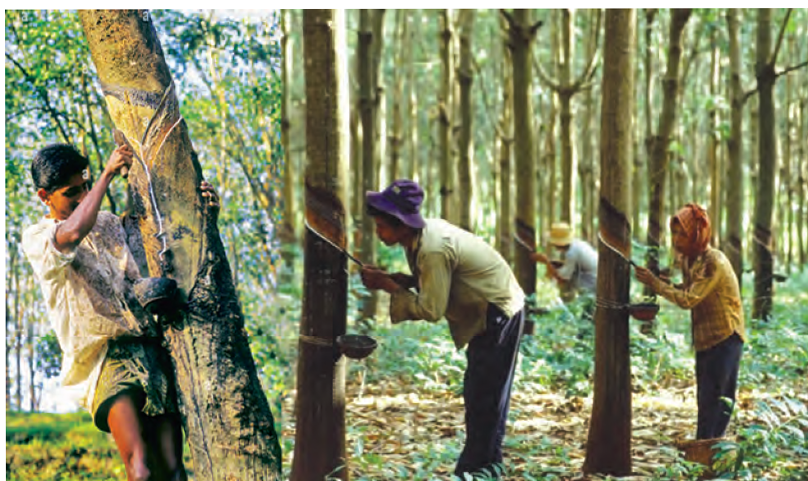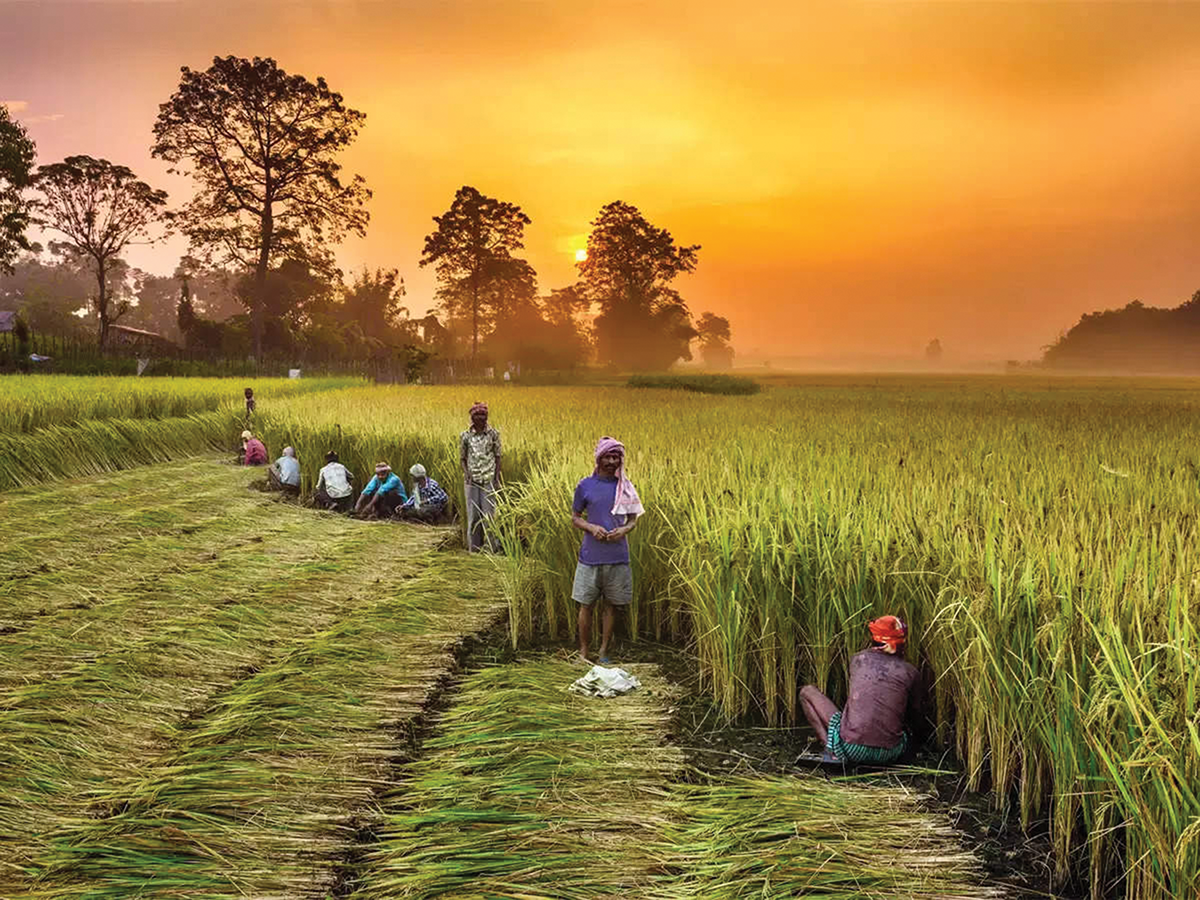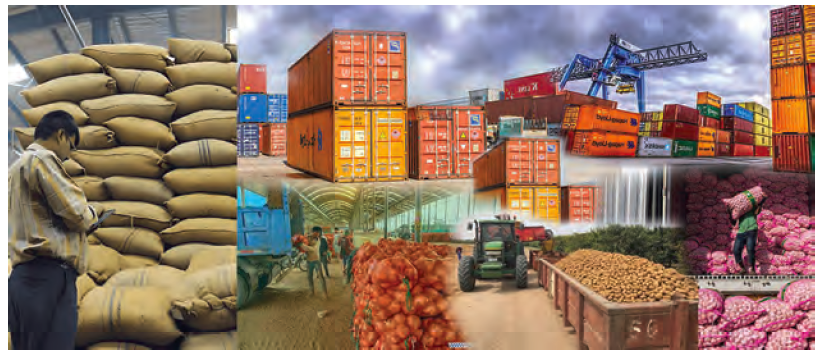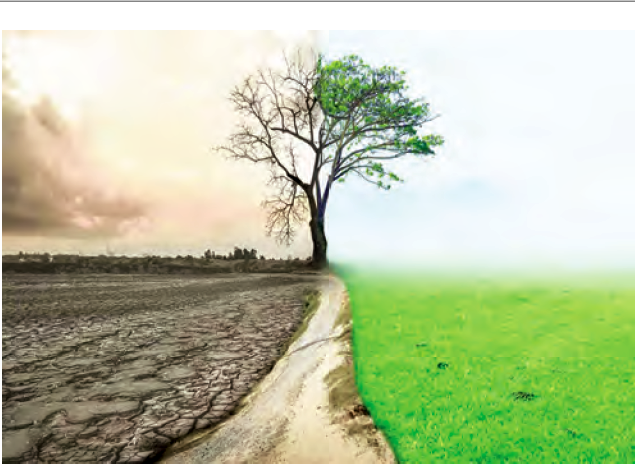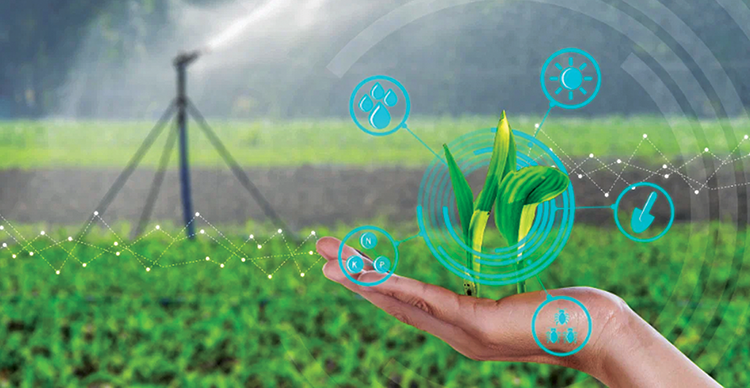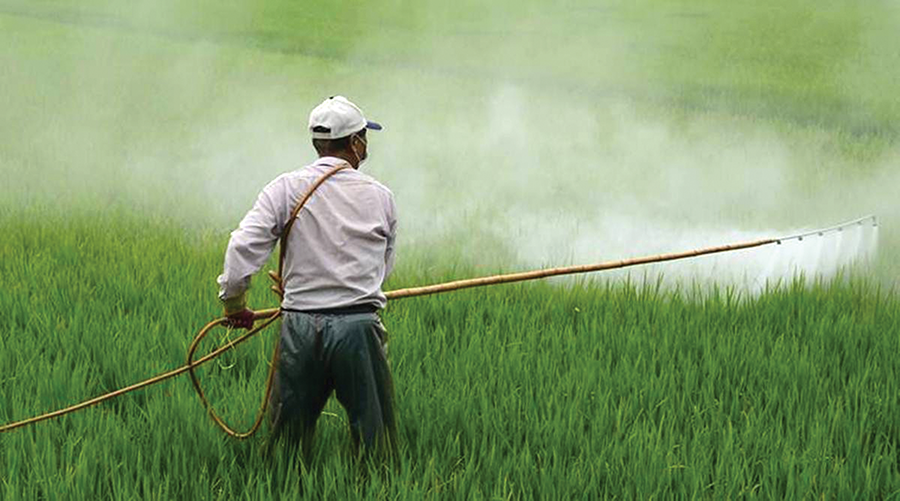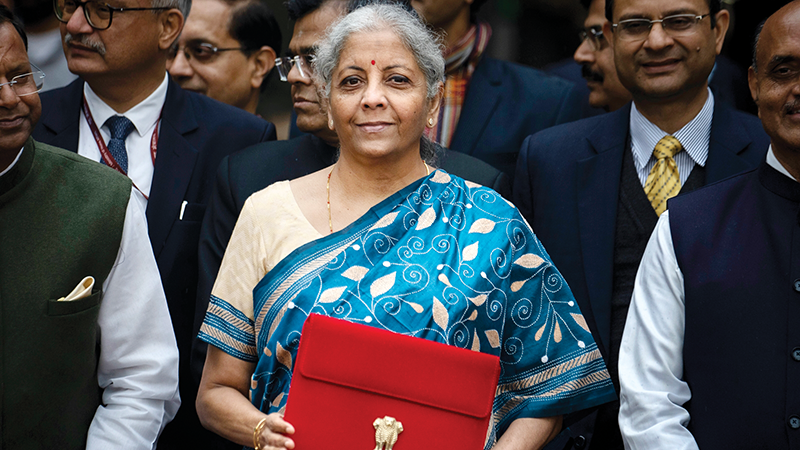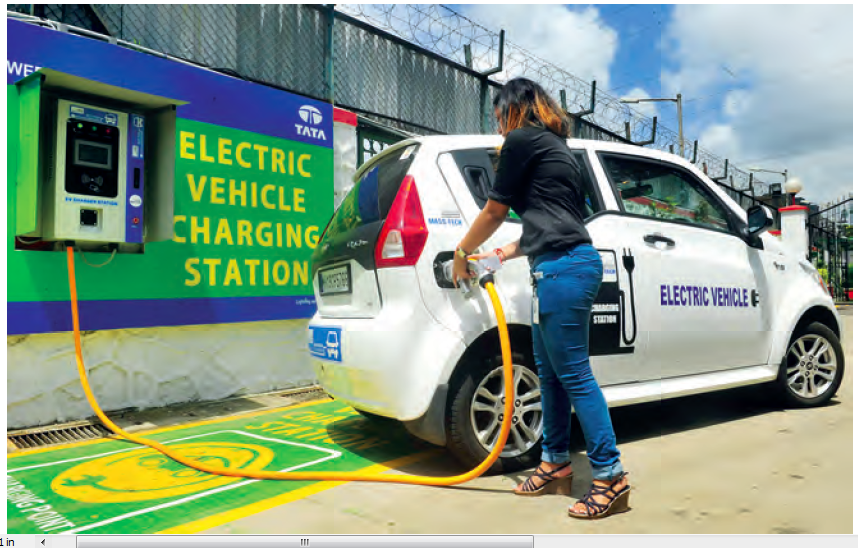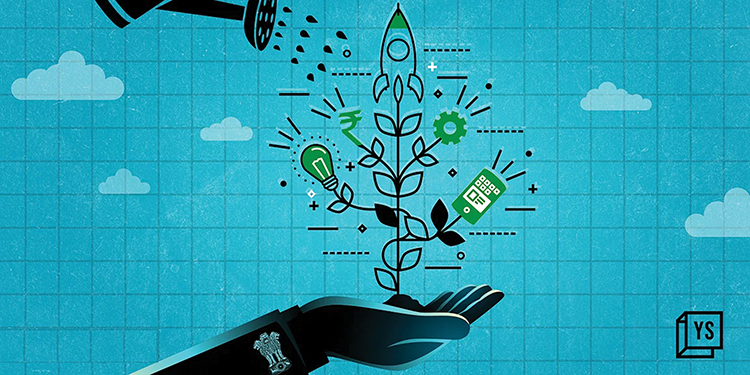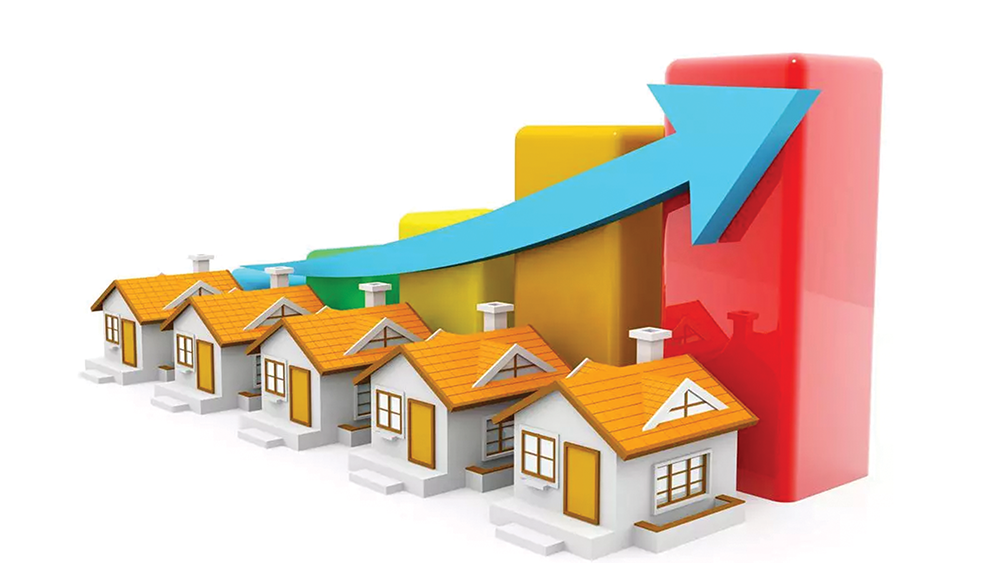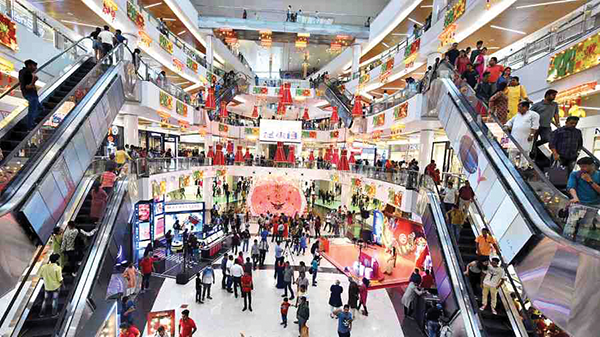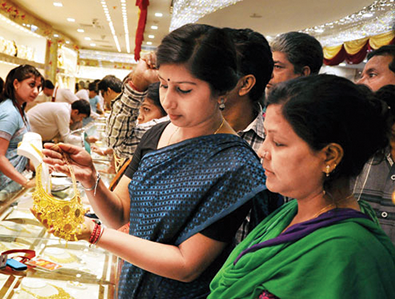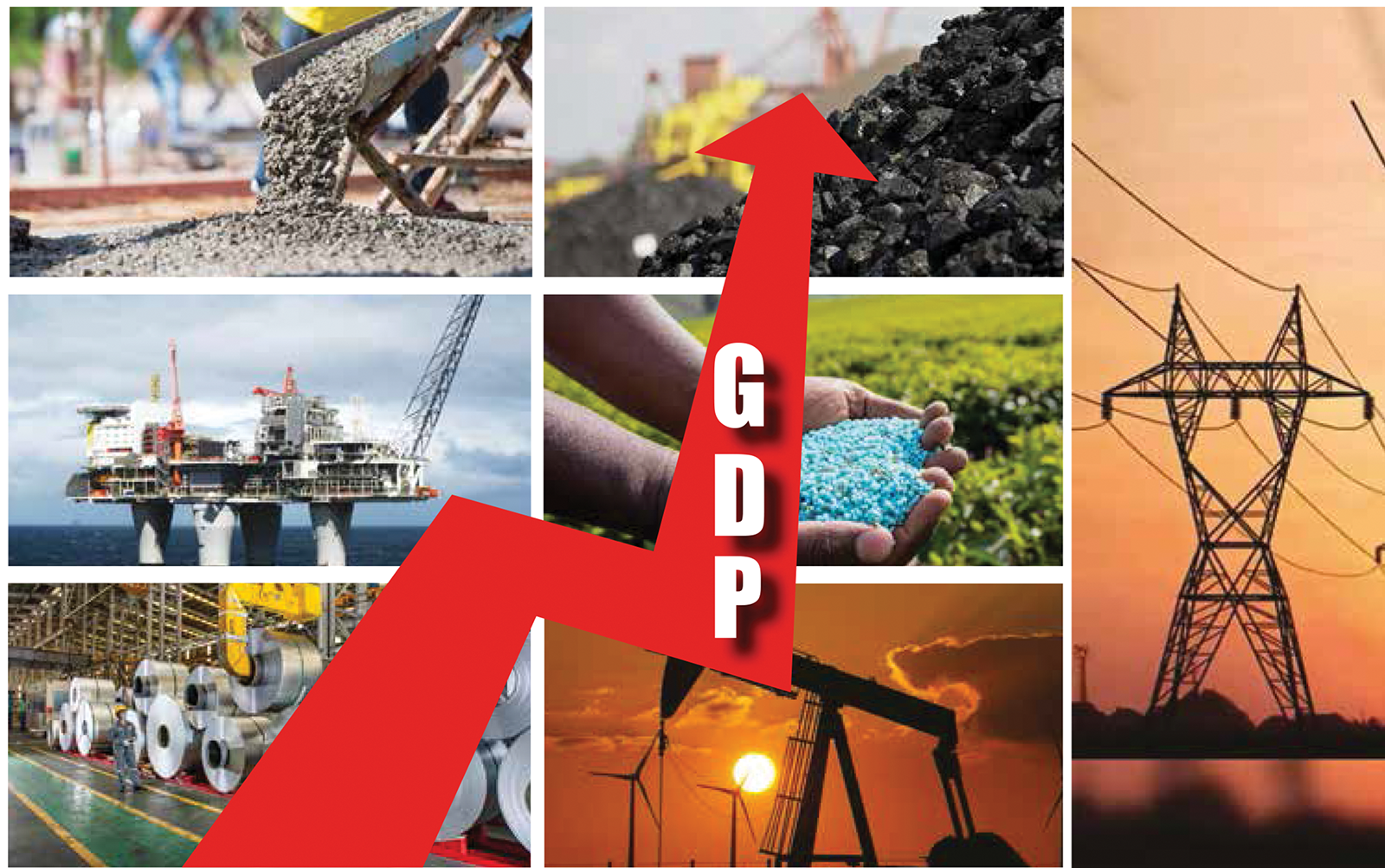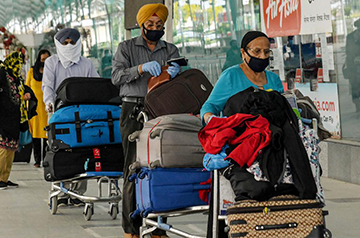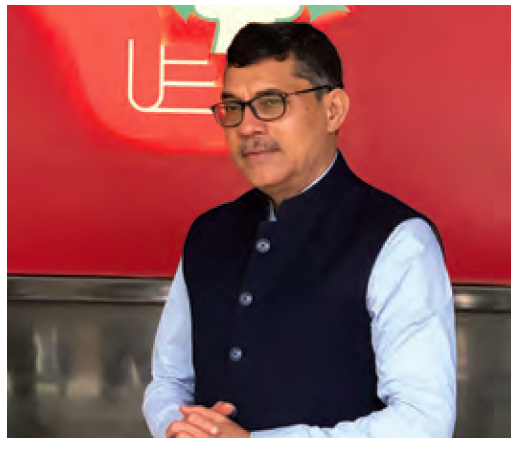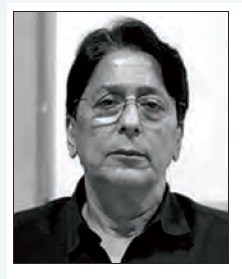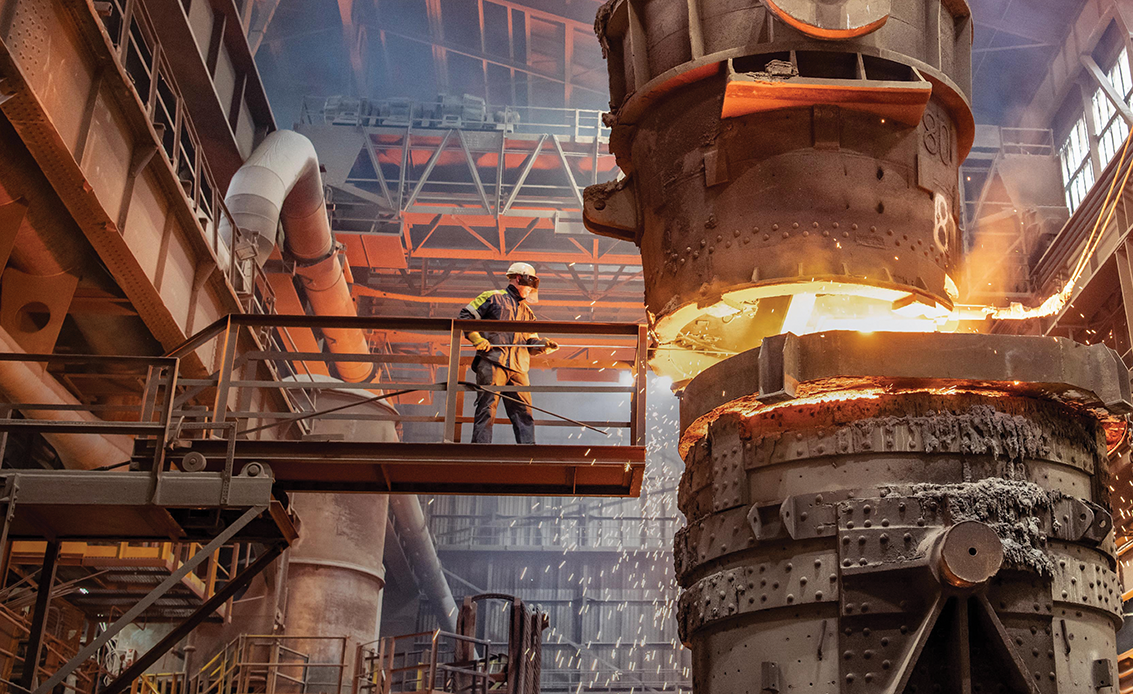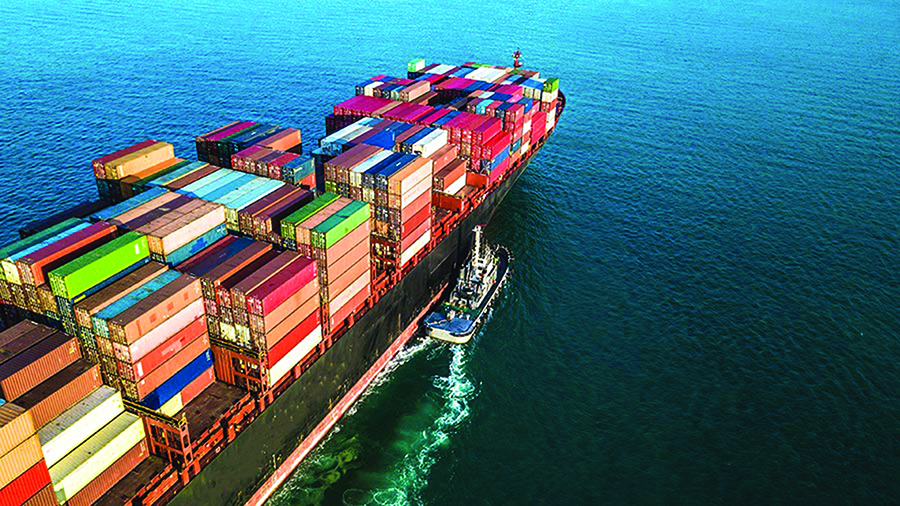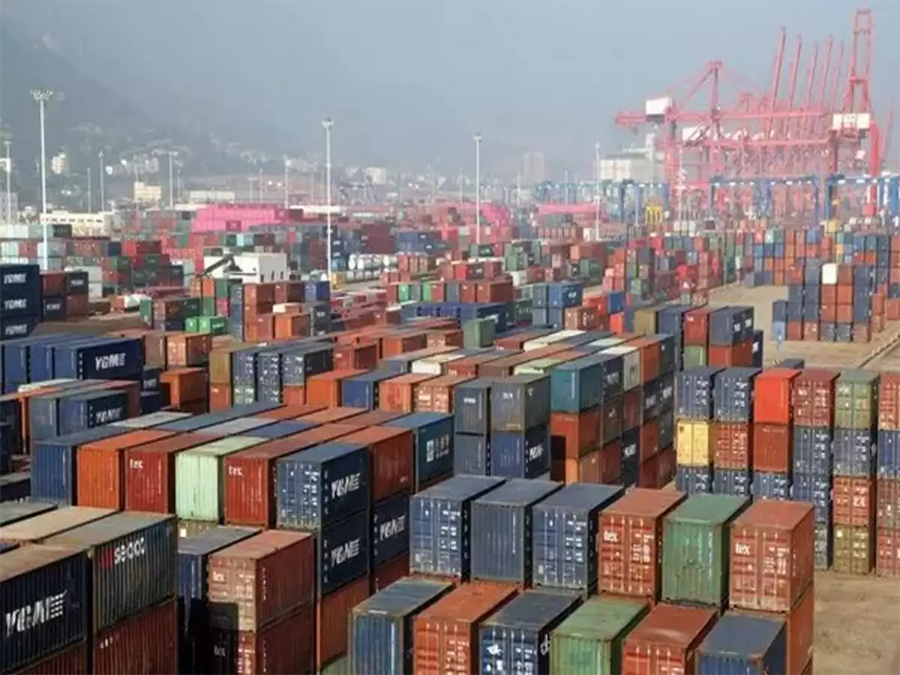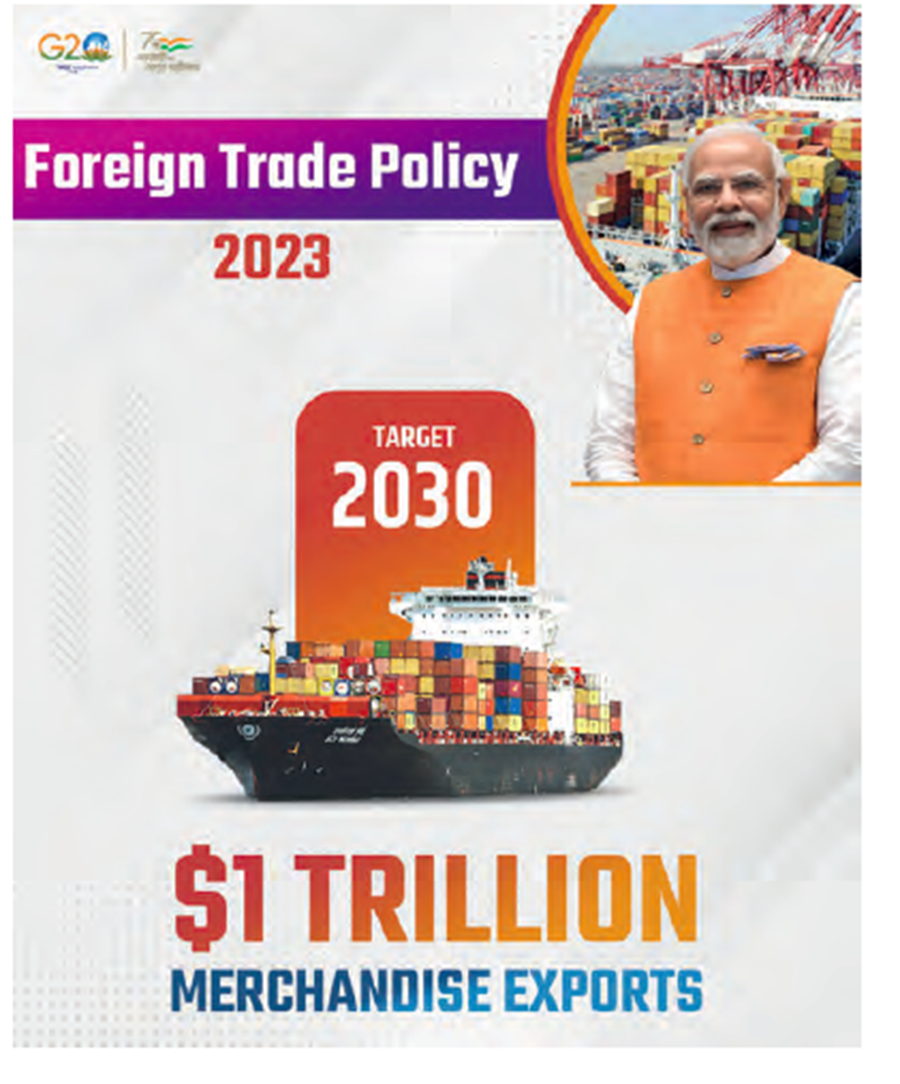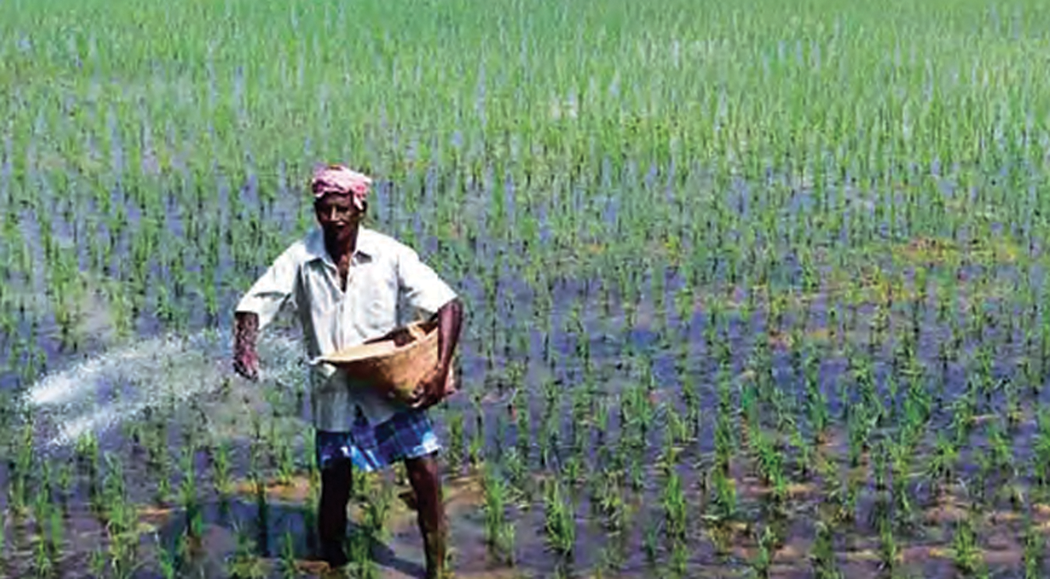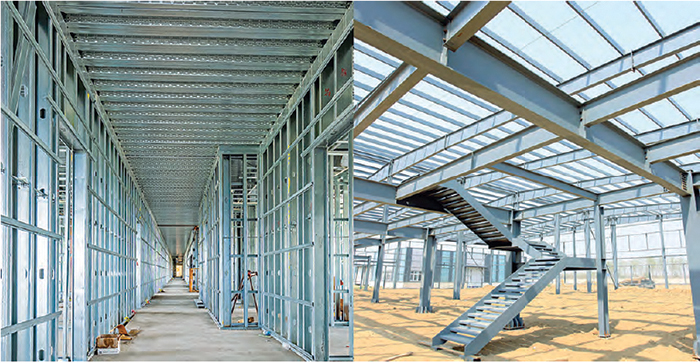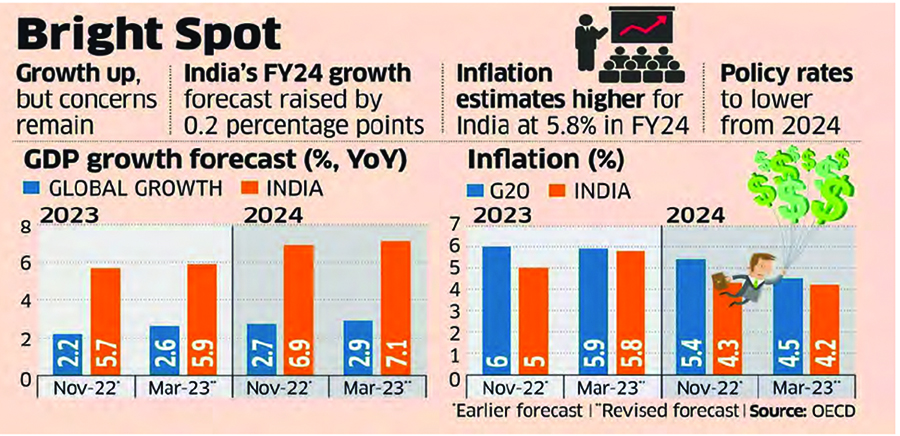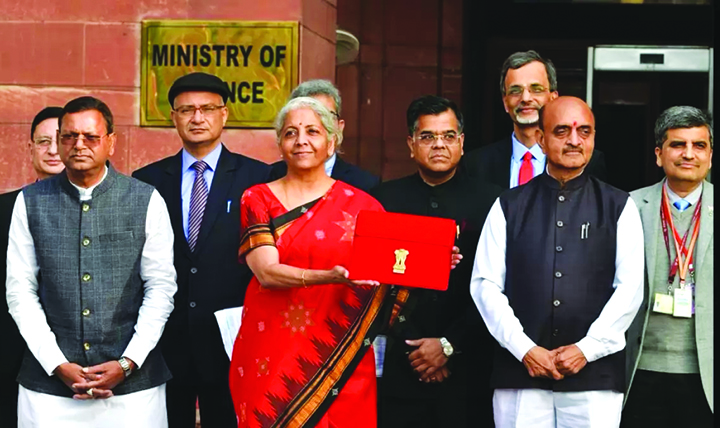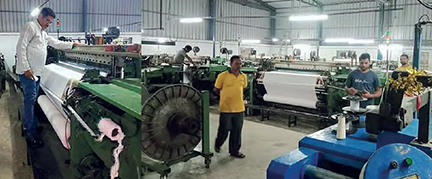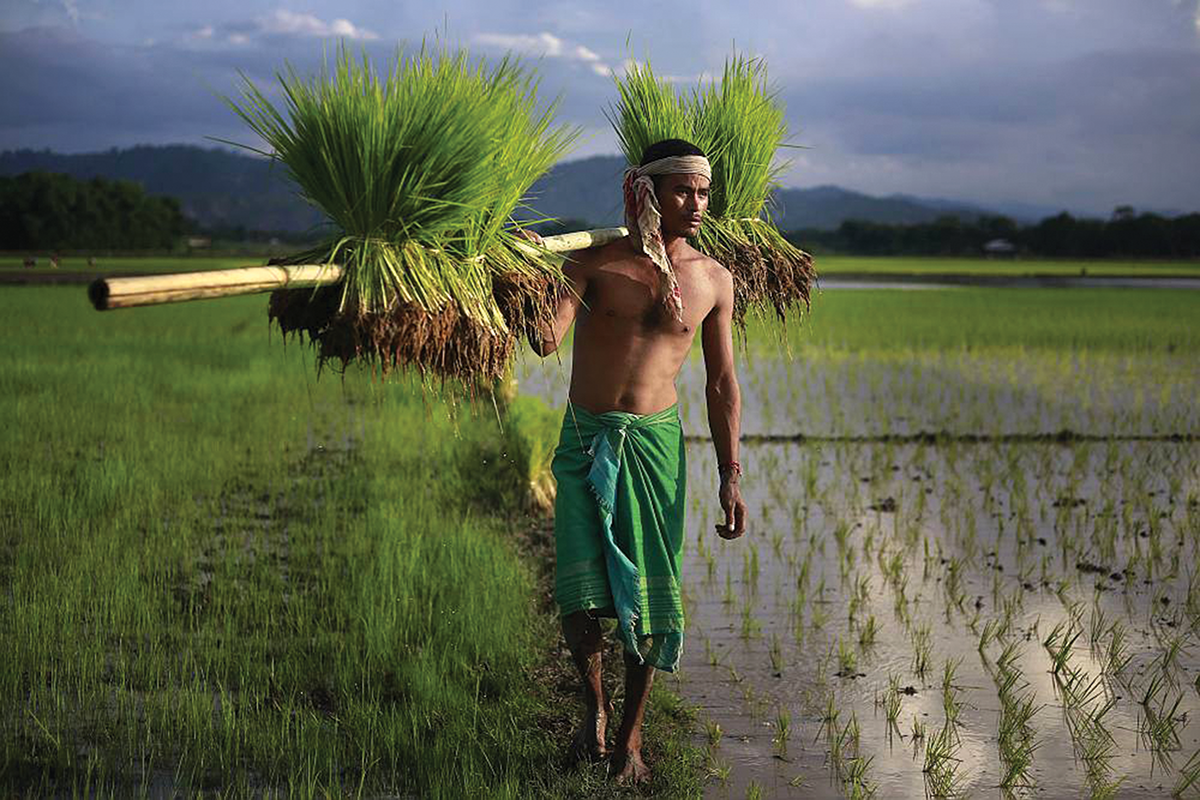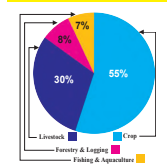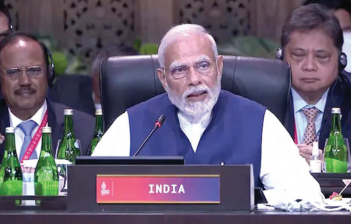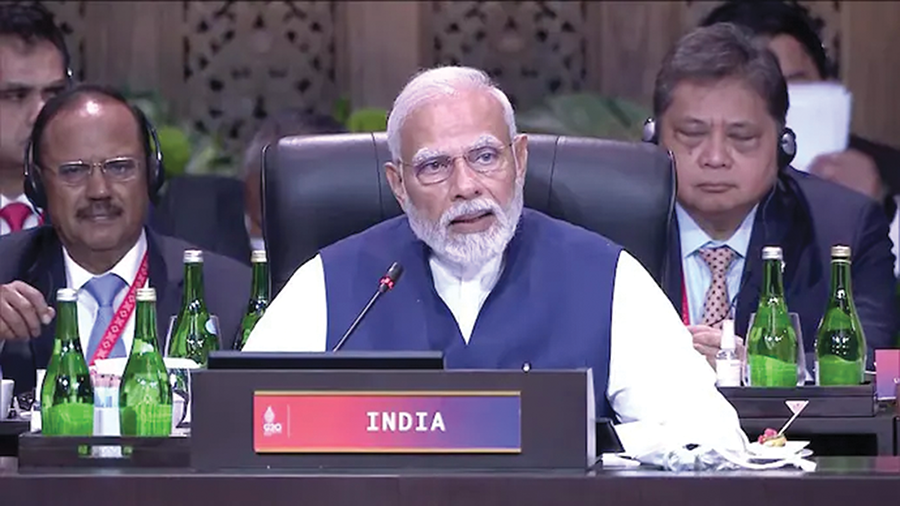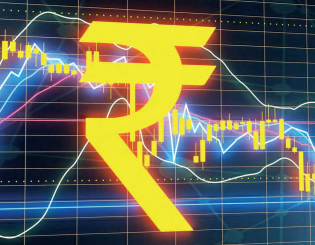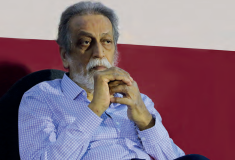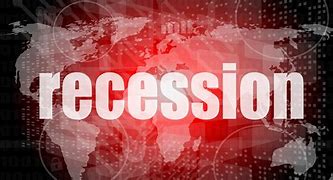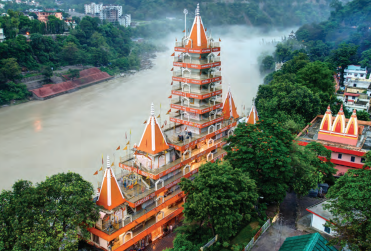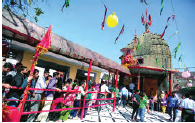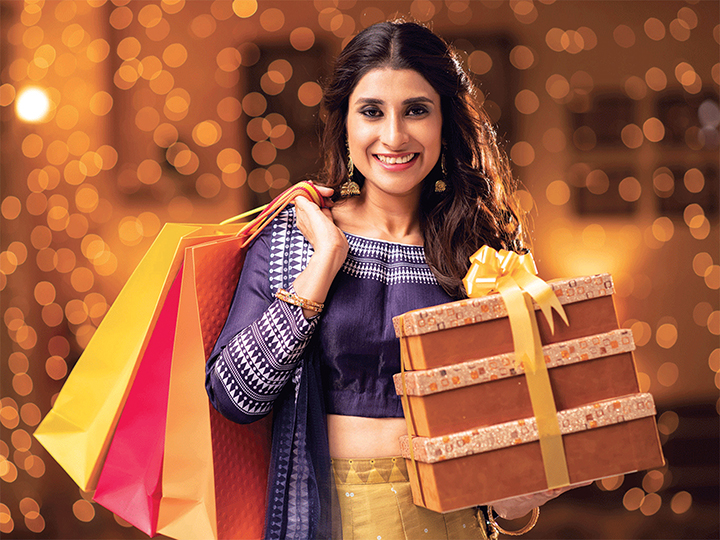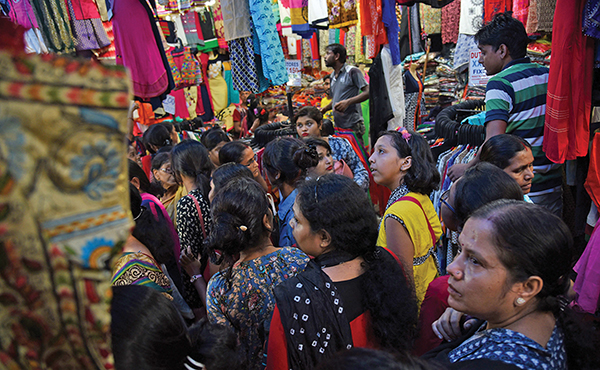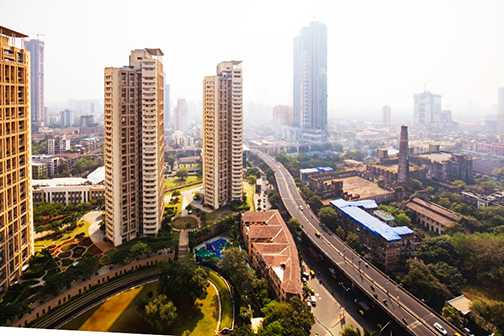
India’s residential real estate market has entered a new era; one not measured by the number of units sold but by the amount of revenue generated. According to the FY26 residential market projections of JLL India, a global real estate services company, the total housing sales value across India’s top seven cities is expected to touch Rs 6.65 lakh crore this year – a sharp 19% jump over last year.
And this sharp rise in sales value will come despite a marginal or stagnant growth in the number of units sold as the share of high-value properties in aggregate market is increasing disproportionately reflecting the market shift from volume to value, from affordability to luxury.
India’s residential housing growth story has revolved around volume for years; housing developers were comfortable to cater to the demand of the readily available middle class households, who were large in numbers and growing. But the dynamic changed dramatically following rising incomes and aspirations for luxurious living among urban professionals and new-age entrepreneurs. Cities like Gurugram, Bengaluru, Hyderabad and Chennai became the biggest drivers of luxury residential properties.
The rising demand for high-value luxury properties is, however, not sudden or accidental, it is backed by a deep behavioural and economic shift. This behavioural change was largely prompted by the corona pandemic when people were forced to stay at home and work from there. Later, homebuyers began to prioritise space, design and amenities over price while choosing to buy homes.
Of course, such a shift in favour of high-priced properties was possible because of rising disposable incomes. According to Hurun Report 2025 India has over 13 lakh high net worth individuals with investable assets of Rs.6 crore and above. To add to it, the NRI investors are buying luxury Indian real estate, especially in cities like Gurugram, Bengaluru and Mumbai spiralling the demand for such properties.
Taking advantage of this structural shift in demand the housing developers have steadily reduced the construction of affordable housing projects and instead focused on fewer but high-margin luxury properties, especially in large cities where land is increasingly becoming scarce, with a view to maximise profits. To note, three out of every five houses sold in H1 2025 was priced at above rupees one crore.
Thus, while the sales of affordable housing units valued at under `1 crore declined during the first half of 2025, that of apartments valued at rupees one crore and above increased by 6% during the same period. Apartments valued at rupees one crore and above represent approximately 62% of the total sales during the first half of 2025 against 51% in the same period year before. The rise in luxury housing’s share in total was largely driven by a 14% rise in the Rs. 3 – 5 crore housing segment.

